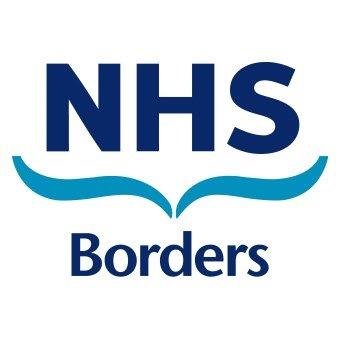What is Single Point of Contact?
The Single Point of Contact (often referred to as SPOC) is intended to enhance existing services- to improve patient communication, experience and outcomes by providing a single point of contact: dedicated person-centred support through the cancer pathway.
When the BGH receives an USC referral from primary care, a SPOC patient information leaflet about the SPOC cancer service will be sent to the patient. This leaflet details how to access support while awaiting investigations or a diagnosis and the services which are available. This will be given after the referral has been vetted. Patients with a confirmed diagnosis of cancer will be pro-actively contacted to offer support where needed. The information will be given to patients directly by the SPOC service.
Patients will be offered a Holistic Needs Assessment with ‘signposting’ to appropriate support and details of who to contact if they have any concerns regarding their appointments and care. Where the team are able to answer queries directly they will do so, on other occasions they may need to contact colleagues e.g. CNS, Appointment Co-ordinators before responding to the patient.
The SPOC service is within the Cancer Services Hub, and part of the Cancer Information and Support team based in the Borders Macmillan Centre in the BGH.
Improving the Cancer Journey (ICJ) is now available in the Scottish Borders.
ICJ aims to support people who are newly diagnosed with cancer with any non-clinical concerns they may have.
Through a holistic needs assessment process with a dedicated ICJ Worker, people are invited to discuss what matters to them, to talk about how they feel and what help they may need with any emotional, practical or relationships concerns.
The ICJ Worker provides tailored information and advice and supports the person to access organisations, resources, opportunities or services near to them that could be of benefit.
Some of the concerns that ICJ can help with are:
- emotional concerns such as anxiety and low mood
- money worries and benefits advice
- housing
- caring responsibilities
- feelings of isolation and loneliness
- physical concerns
- complementary therapies
- day to day practical issues.
To find out more about ICJ and make a referral please visit: www.scotborders.gov.uk/ICJ
Patients do not need to be referred in – they can access support in the following ways:
Telephone: 01896 826811
Email: BOR.CancerCareCoordinators@borders.scot.nhs.uk
The service is Monday-Friday 9.00am to 4.30pm
Outwith these hours, patients can leave a voicemail and someone from the team will call them back
Martin Lammie and Jill Watkins are our Cancer Care Co-ordinators and they will be the ones answering the phones and dealing with enquiries. Patients can also meet face to face if they prefer.
Kirsty Smith is the Service Manager. Please feel free to contact us for more information.
Patients should be getting investigated for a possible cancer diagnosis or already have a cancer diagnosis to be eligible for SPOC support, please signpost patients to SPOC for support as appropriate.
